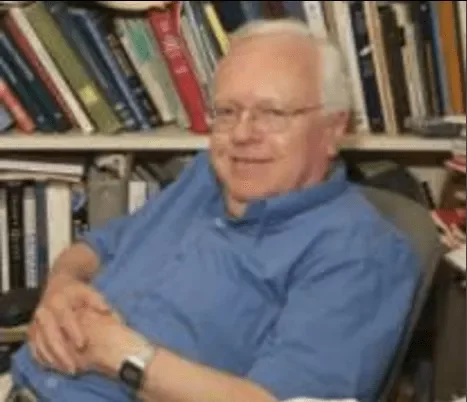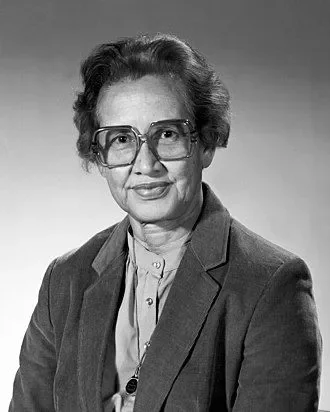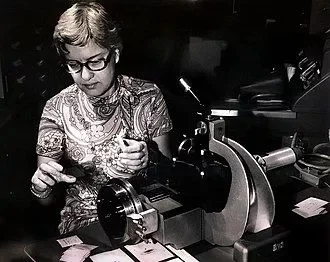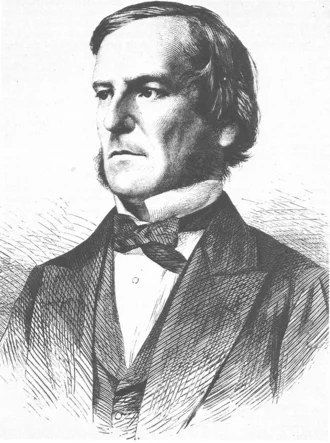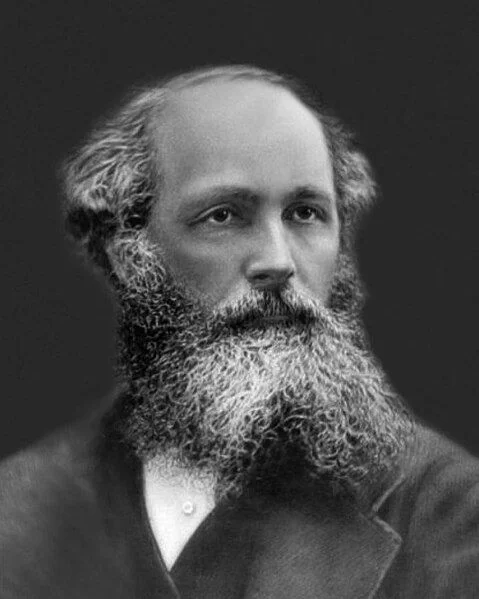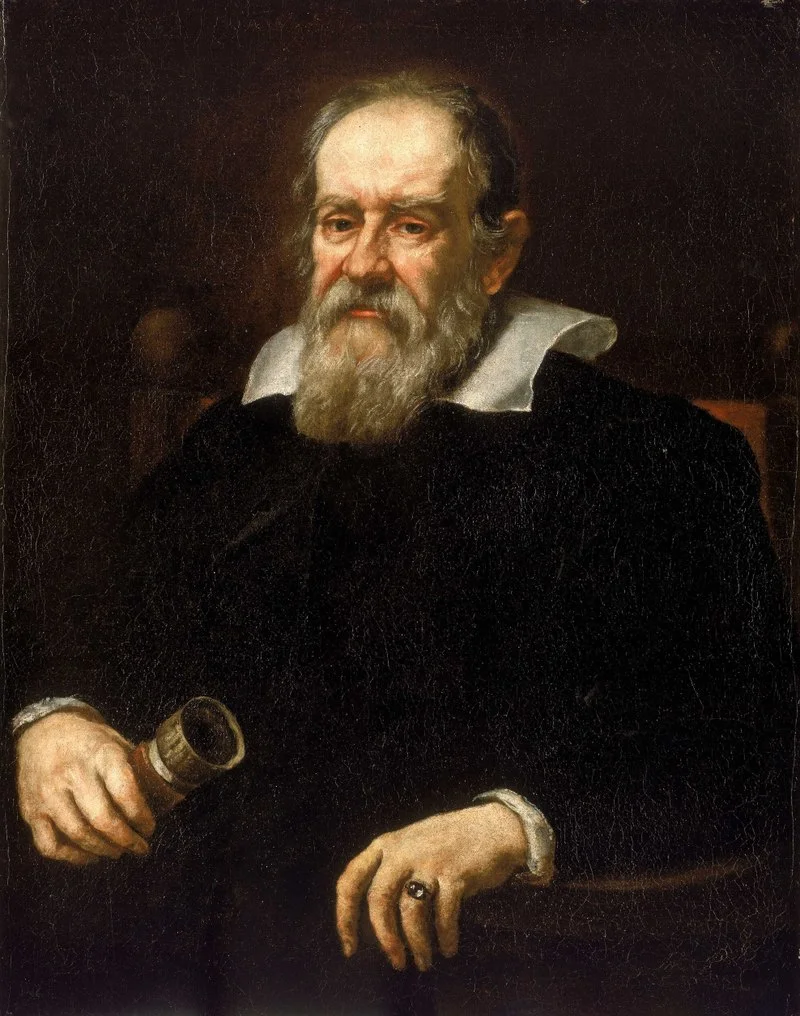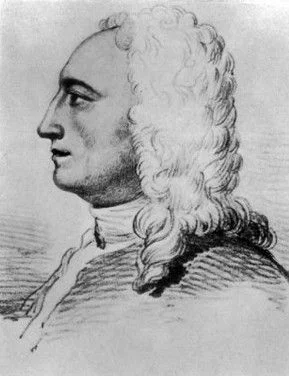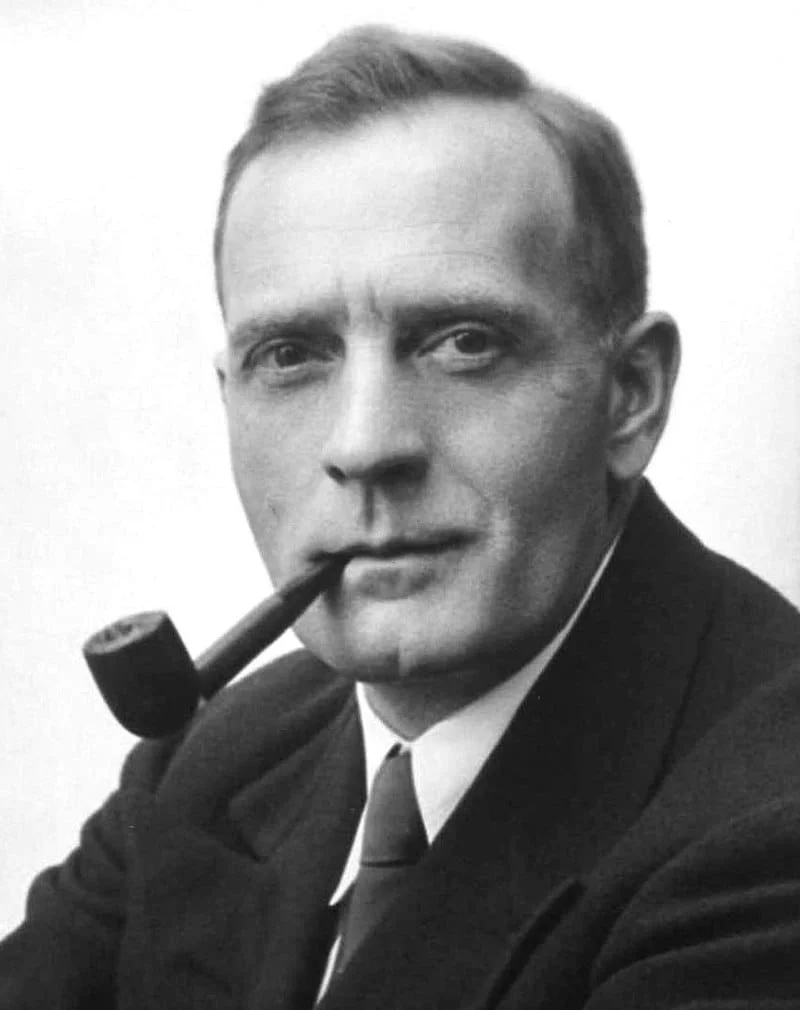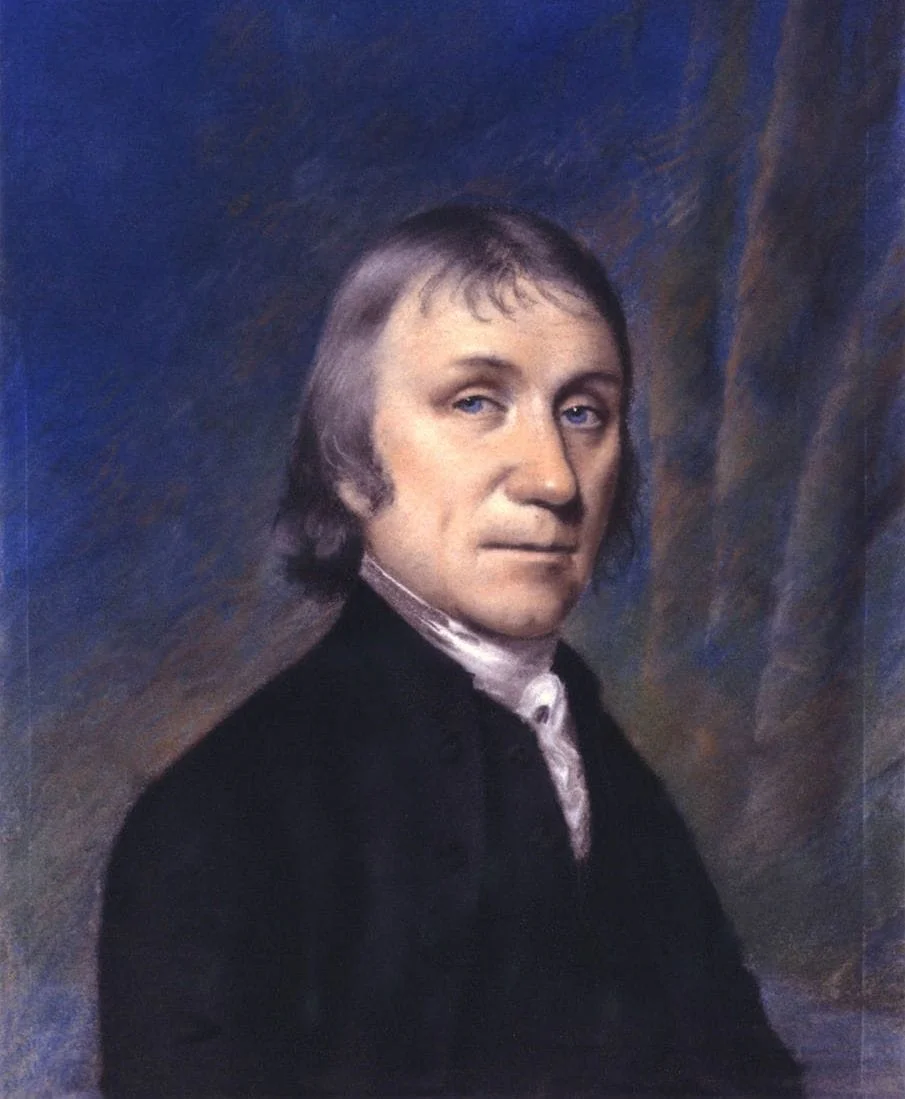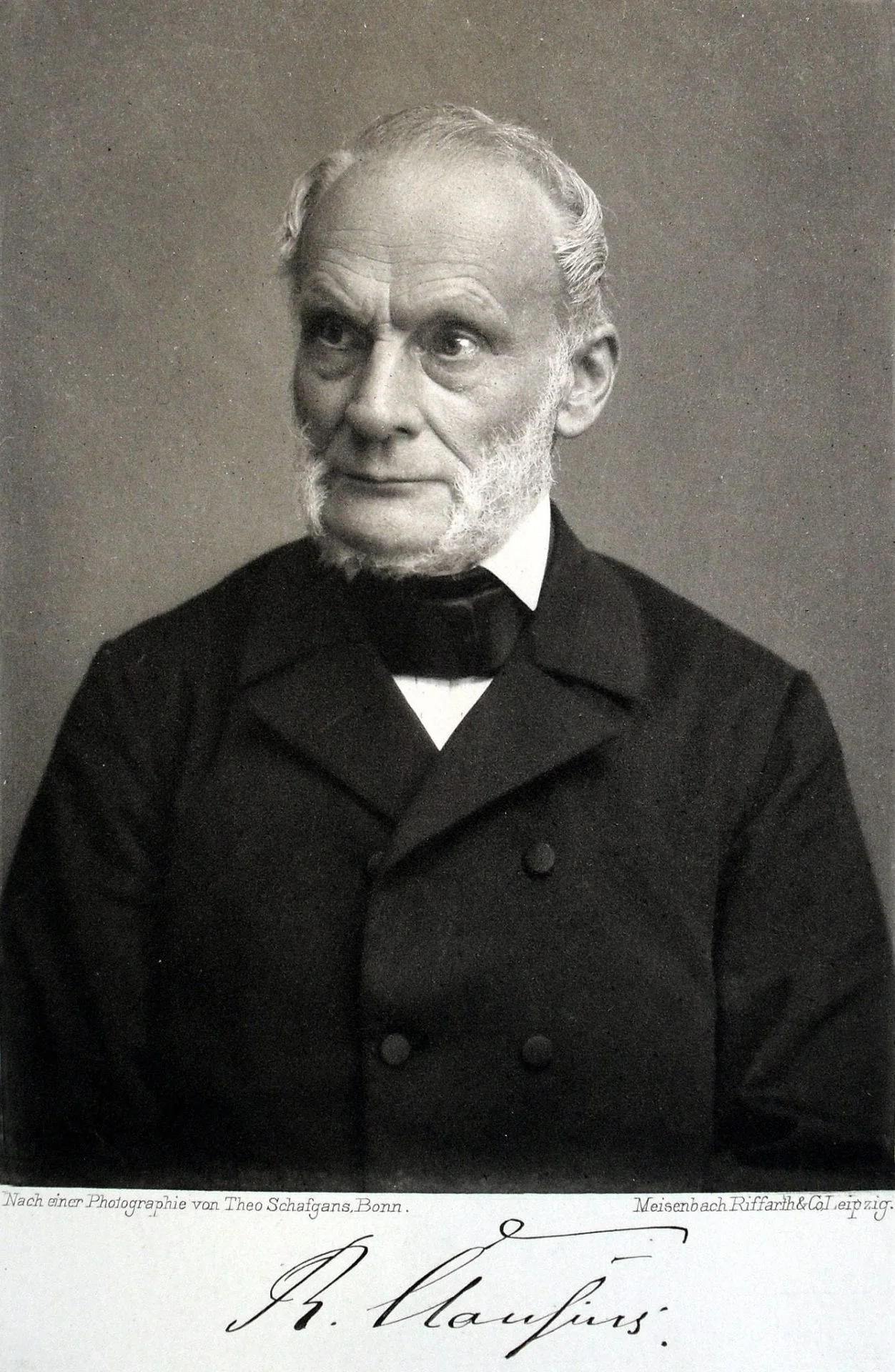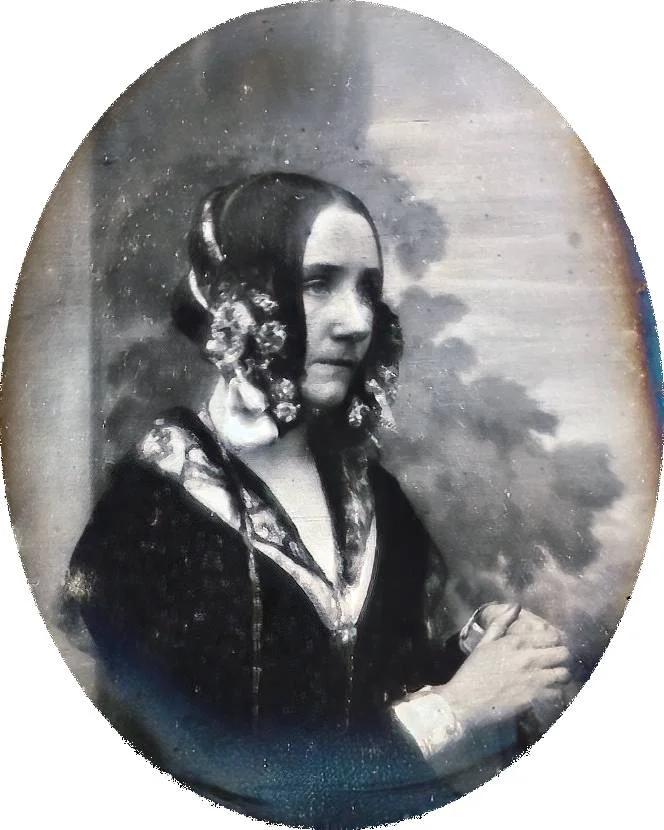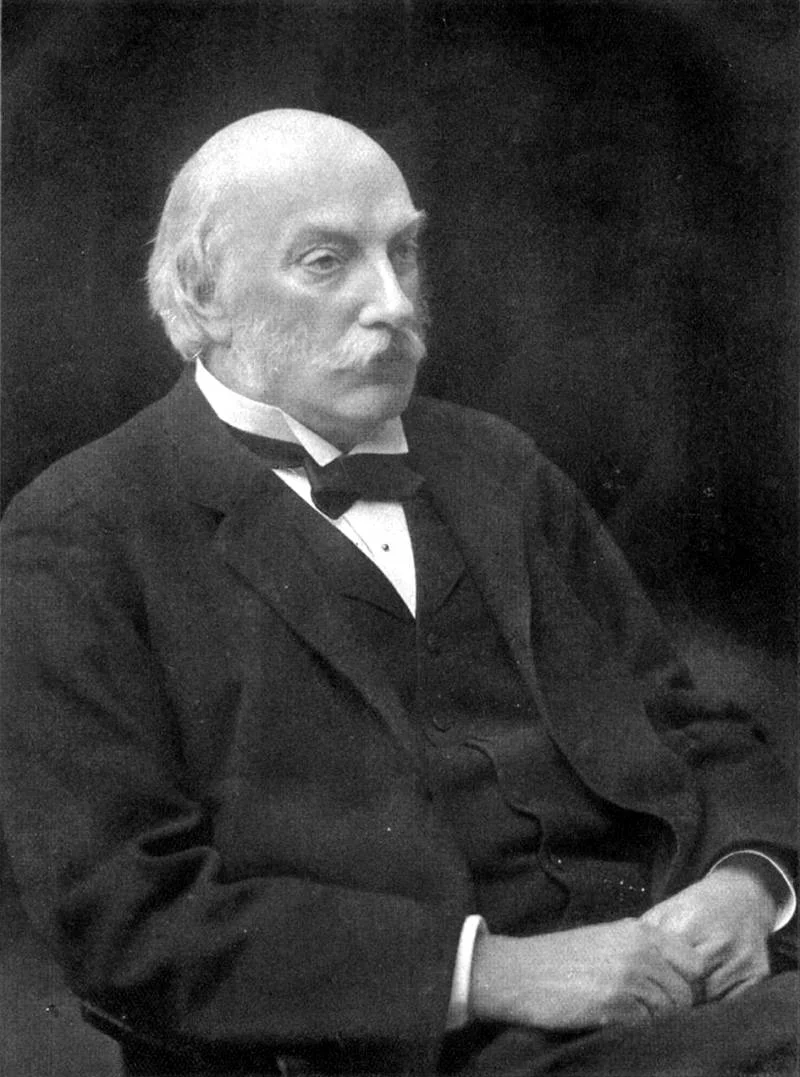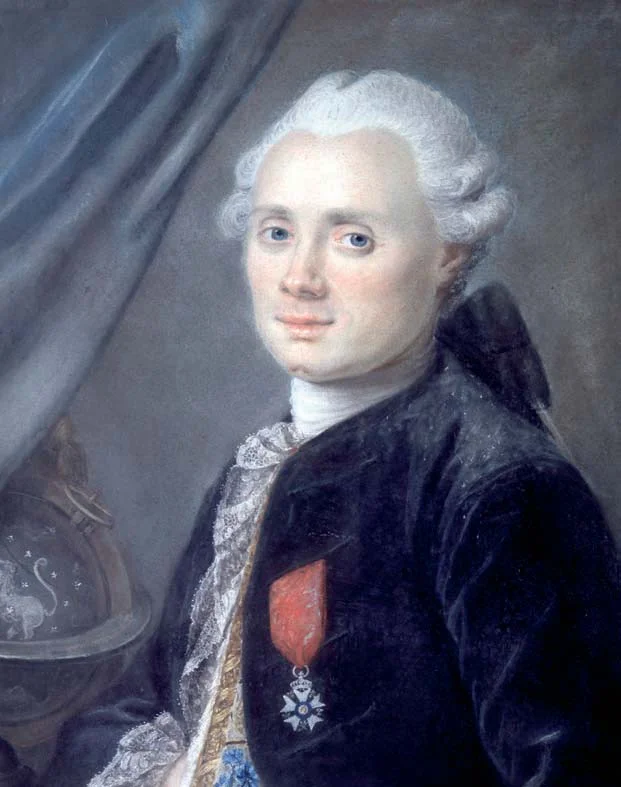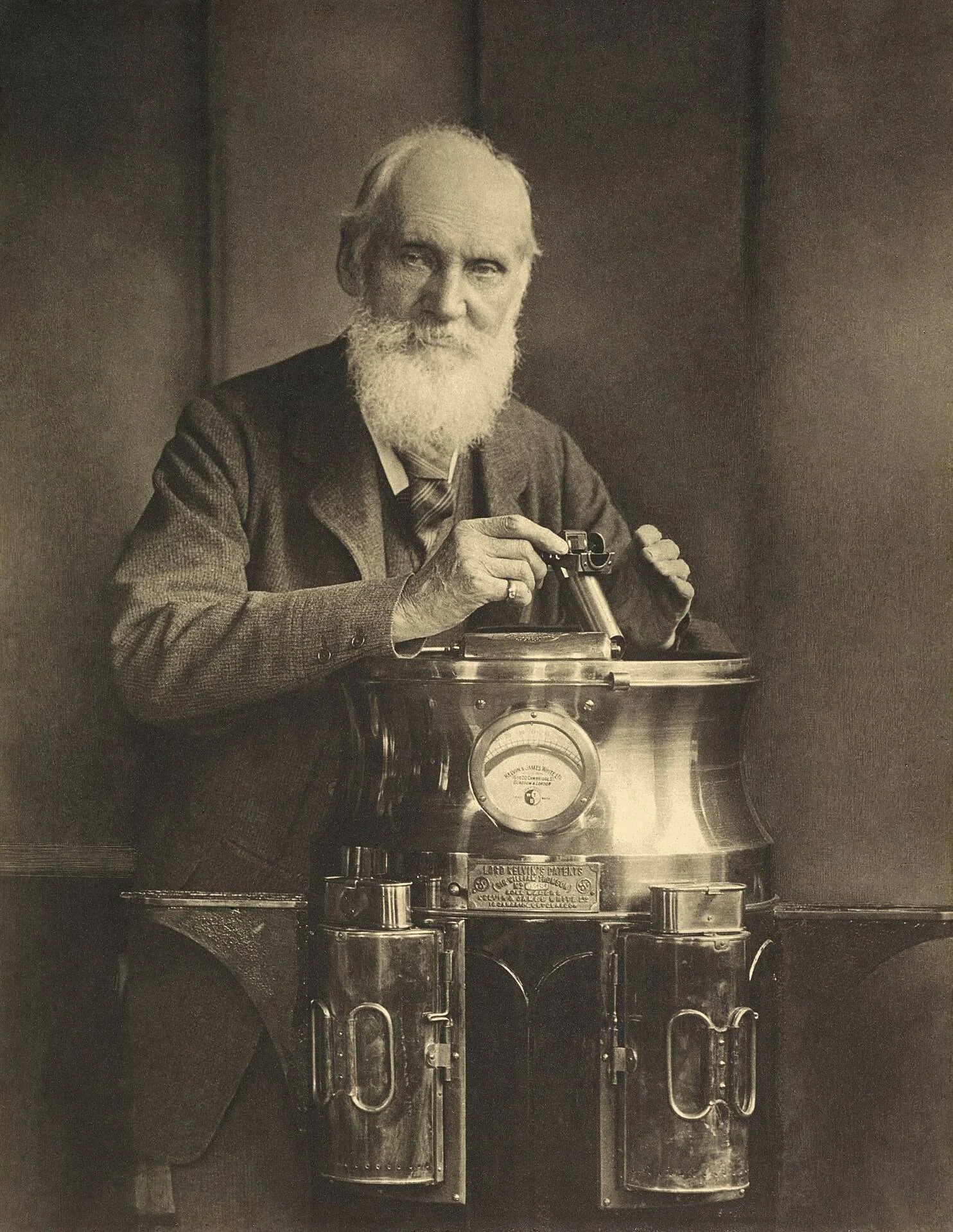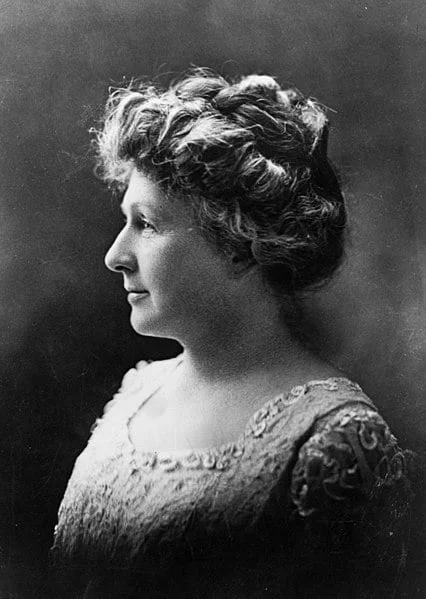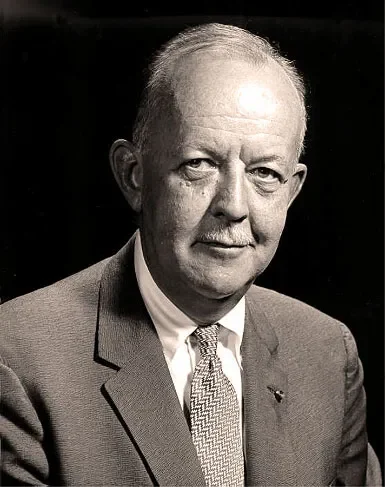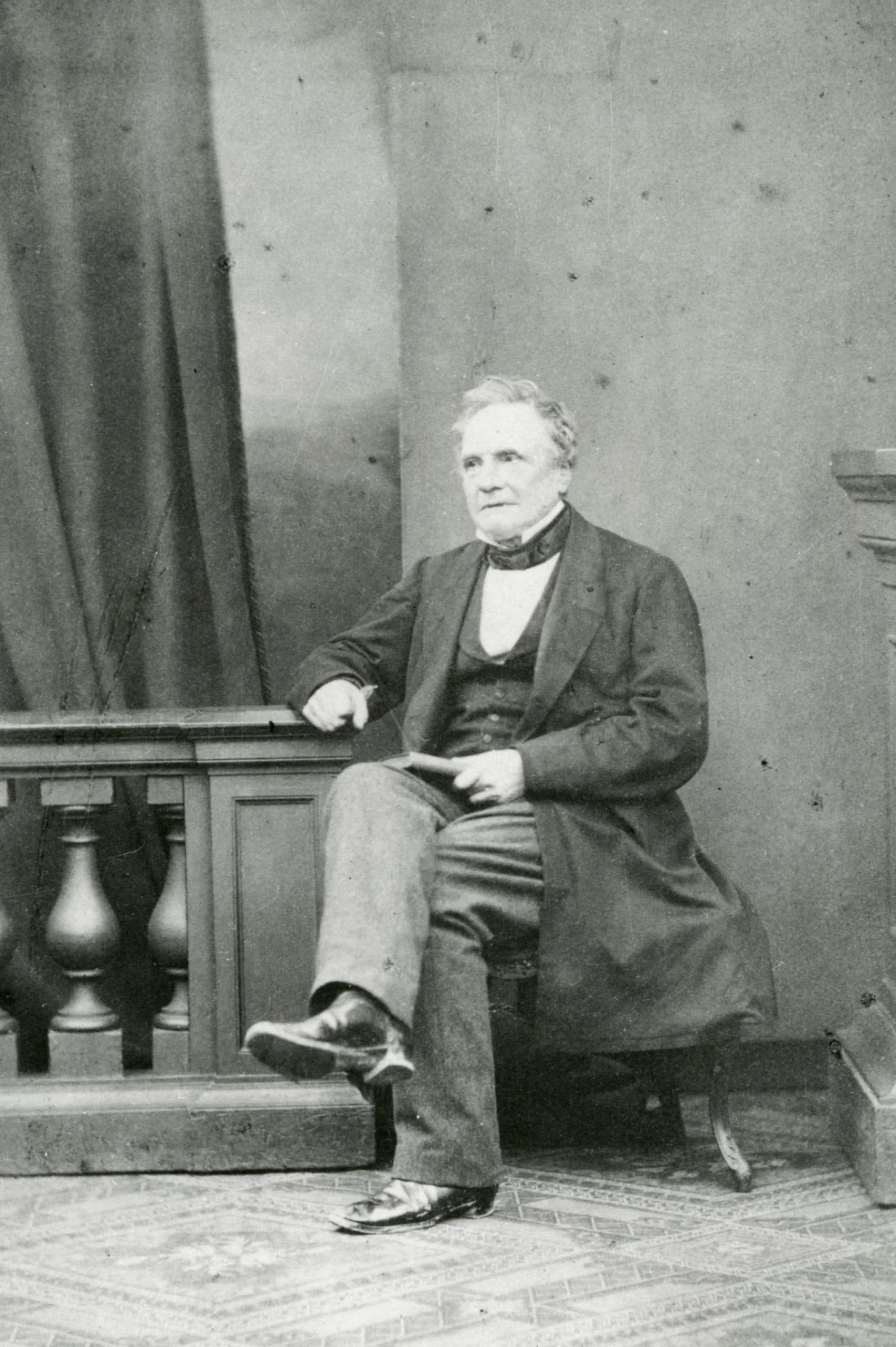Real Celebrities Never Die!
OR
Search For Past Celebrities Whose Birthday You Share
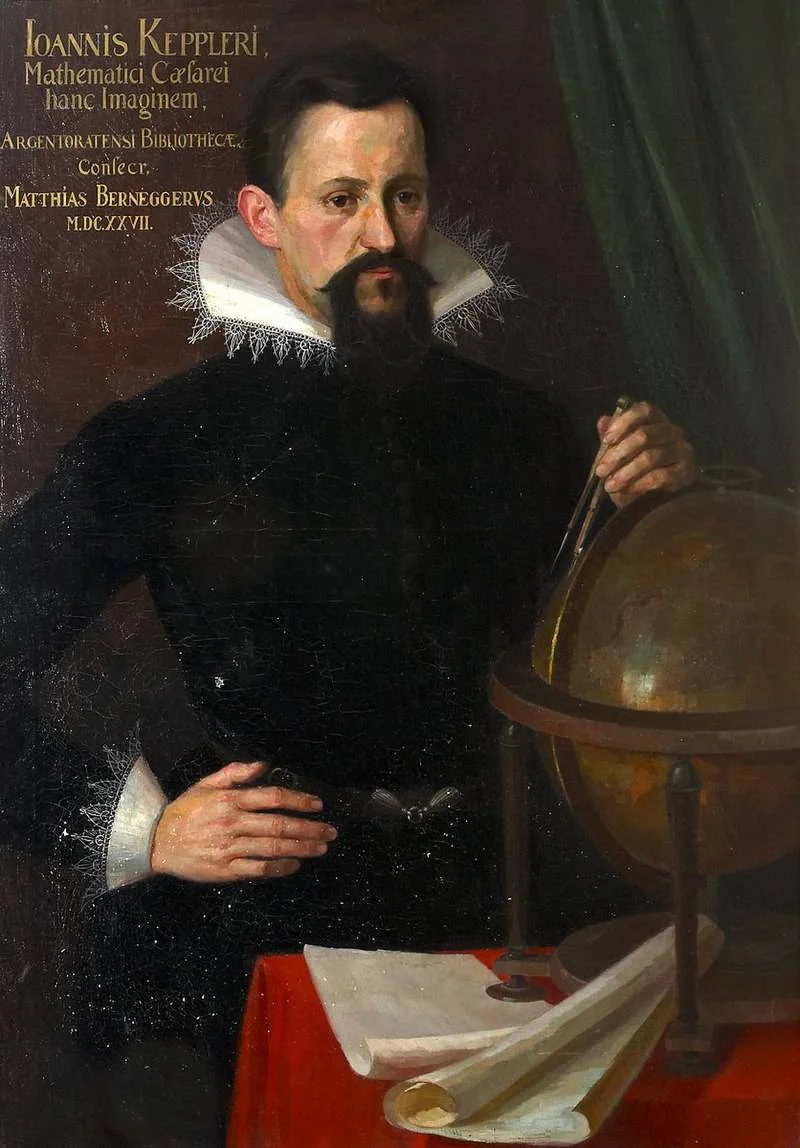
Source: wikipedia.org
Johannes Kepler
Birthday:
27 Dec, 1571
Date of Death:
15 Nov, 1630
Cause of death:
Fever
Nationality:
German, Roman
Famous As:
Astrologer
Age at the time of death:
58
Johannes Kepler's Quote's
Early Life and Education
Johannes Kepler was one of the greatest astronomers and mathematicians known for his three laws of planetary motion, which describe how the planets orbit the sun in elliptical paths.
Kepler was born in Weil der Stadt, a small town in the Holy Roman Empire. He suffered from various illnesses from an early age but showed a deep passion for astronomy and mathematics. He studied at the University of Tübingen, where he learned about the Copernican system of heliocentrism. He went on to become a court astrologer who served several rulers, including Emperor Rudolf II.
Major Works and Contributions
Kepler published his first major work, “Mysterium Cosmographicum,” in 1596, which defended the Copernican System and proposed that the distances of the planets from the sun could be understood through geometric shapes. His work caught the attention of Tycho Brahe, the leading astronomer of his time. Kepler joined Brahe in Prague in 1600, gaining access to his extensive and precise observational data.
Kepler’s Laws of Planetary Motion
Johannes Kepler published his main work in 1609, called “Astronomia Nova” (New Astronomy). This contained his first two laws of planetary motion, which he derived from his analysis of the observations of Mars made by his mentor, Tycho Brahe. According to Kepler’s first law, the orbit of each planet is an ellipse with the sun at one focus. His second law states that a line joining a planet and the sun sweeps out equal areas in equal intervals of time.
Third Law of Planetary Motion
Kepler published his third law of planetary motion in 1619 in his “Harmonice Mundi.” According to his third law, the square of the orbital period of a planet is proportional to the cube of its average distance from the sun.
Kepler faced many challenges and turmoils in his lifetime. Probably the most demanding was when he had to defend his mother from accusations of witchcraft.
Early Life and Education
He passed away in Regensburg in 1630, leaving behind a legacy that profoundly influenced the field of astronomy.
Name:
Johannes Kepler
Popular Name:
Johannes Kepler
Gender:
Male
Cause of Death:
Fever
Spouse:
Place of Birth:
Free Imperial City of Weil der Stadt, Holy Roman Empire
Place of Death:
Free Imperial City of Regensburg, Holy Roman Empire
Occupation / Profession:
Personality Type
Logician: Johannes Kepler was often known to be highly imaginative and creative. He was attracted towards uncovering the science and secrets of the universe.
Although Kepler admired Galileo’s work, he disagreed with him over the reason for the Earth’s tides.
He served as the assistant to Danish astronomer Tycho Brahe. After Brahe’s untimely death, Kepler got a hold of Tycho’s data which helped him rise to the rank of Imperial Mathematician in Prague.
His mother was a healer and a herbalist who was accused of witchcraft.
Kepler’s mother introduced him to astronomy and would take him at night to show him interesting things in the skies like the Great Comet of 1577.
He formulated the three laws of planetary motion.


